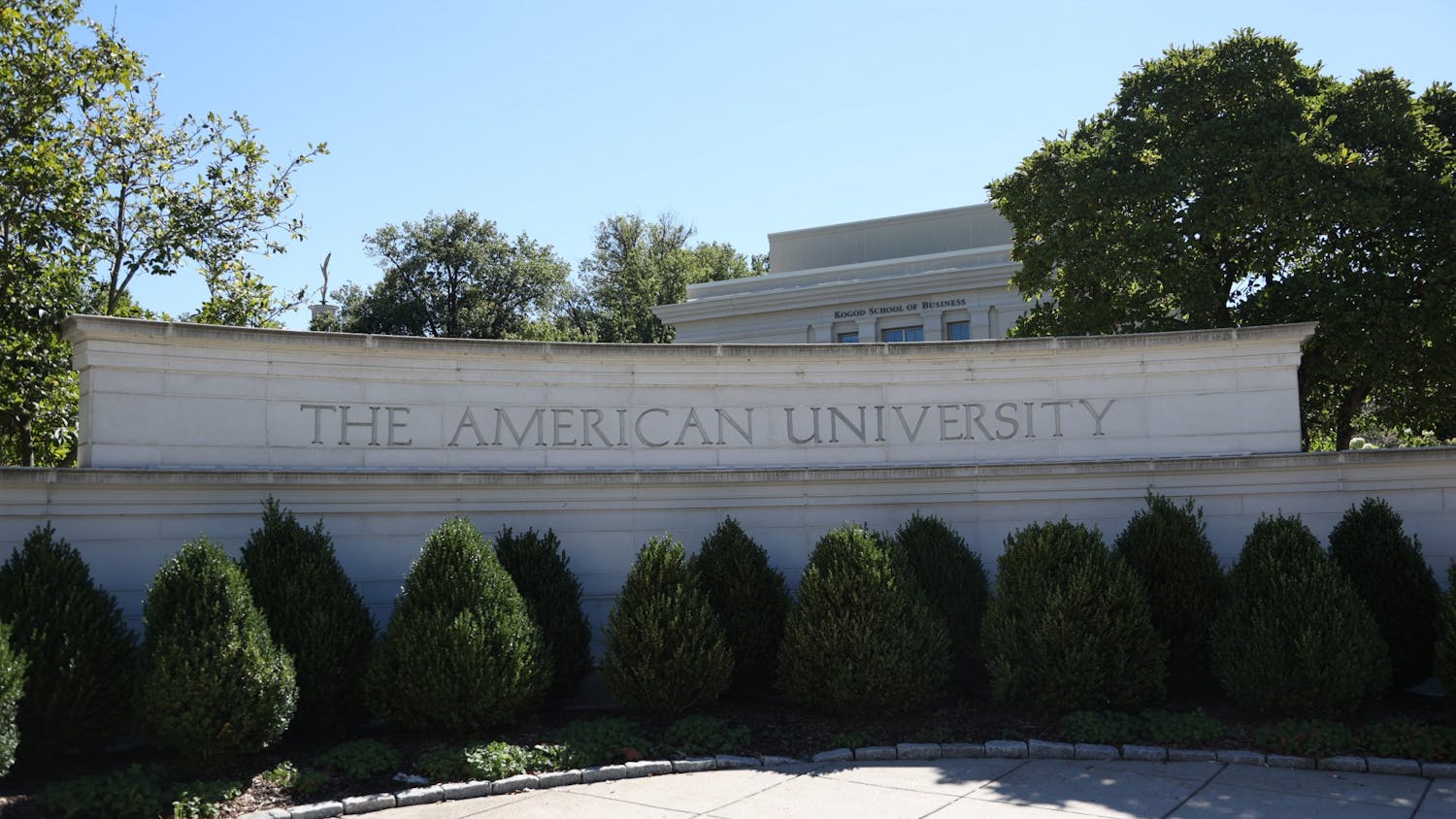The decision to transfer to AU is always a great idea ... until you actually do it. Although the university offers its disgruntled newcomers a plethora of advising resources, no amount of informative prose or lengthy lectures can address the more unspoken difficulties of changing colleges. The task of finding a new niche, making up for lost credit hours, addressing spotty financial aid qualms and - most laboriously - surviving yet another new student orientation can prove incredibly difficult, so here are a few tips to get you by.
1. Fight "the man." The sad but unavoidable problem with transfer admissions is that some of your previous course work won't count. Worse, you might even have to repeat a class you took at your first college simply because it did not meet AU's strict curriculum requirements. In most cases, some pleading with your adviser can remedy errors in the credit articulation process. Bring a copy of your transcript and as many syllabi you can find - sometimes the course name does not do its curriculum any justice - and offer to put your adviser(s) in touch with your previous professors if necessary. Lapses in communication are often the primary causes of course conundrums, so be explicit.
On a related note, don't leave academics to chance. College administrators are busy, and sometimes forms sadly don't reach their desired destinations. That includes your transcript from your first school, which you must send a second time at the semester's end so that AU can officially determine which requirements you've satisfied with passable grades. Unfortunately, late transcripts can result in an inadvertent academic penalty; even if you can recite every major international relations theory and its originator, you'll have to take the intro classes again without the proper documentation. So, check with your adviser(s) and the admissions office often to make sure every form is at its rightful home.
2. No one but you knows you're disease free. It sounds completely facetious, but it's true. AU cannot tell whether you've been immunized unless you submit the requisite forms, which most transfer students forget to do because it's not a condition of admission. Remember, students who fail to submit these documents receive "stops" on their accounts and cannot register for courses, among other things, until the problem is solved.
3. AU is expensive, so don't make yourself poorer. There is no national database for college records, so lapses in communication can happen. This is especially true in situations that involve financial aid records. Although it's rare, sometimes old colleges mistakenly report transfer students as withdrawals, and since you must be enrolled full-time to defer your student loans, this could mean trouble. If you're feeling proactive, call each of your lenders to make sure they know your current status. Double-check with your old school's financial aid office to make sure everything processed correctly. Never disregard a suspicious letter: If a lender sends you something that even slightly resembles a bill, act immediately. If you ignore it in the misguided hope it will work itself out, you're begging for a messy situation - not to mention a sour mark on your credit report.
4. Remember that everyone is just as unhappy and nervous as you are. AU is a great school and it offers its students unparalleled opportunities, but a little bit of post-transfer nostalgia can make anyone's first few days (or months) in D.C. infinitely more dreary. Lucky for you, you're probably not the only one struggling to feign interest in making new friends or carving yourself a new social circle. Every semi-pouting face at orientation is another opportunity for friendship - even if your initial reason for conversation is mutual disinterest during orientation - so you'd be remiss to avoid talking to these new transfers. At the very least, this half-hearted socializing can hold you over until you find real friends.




